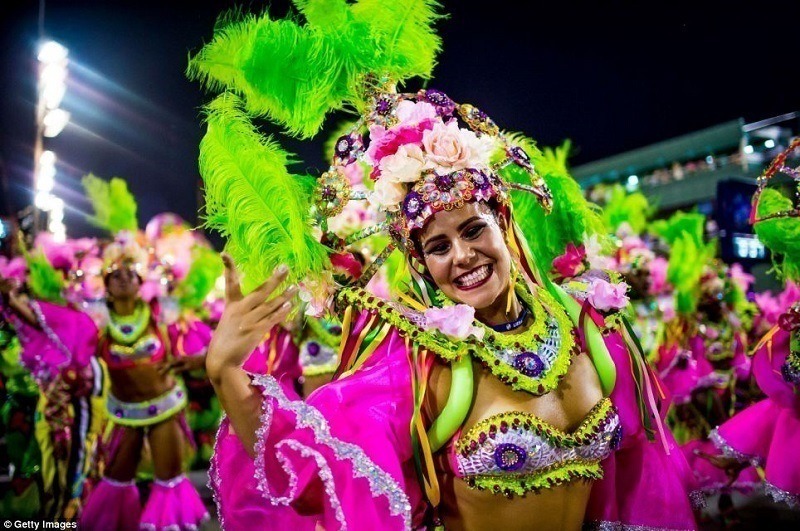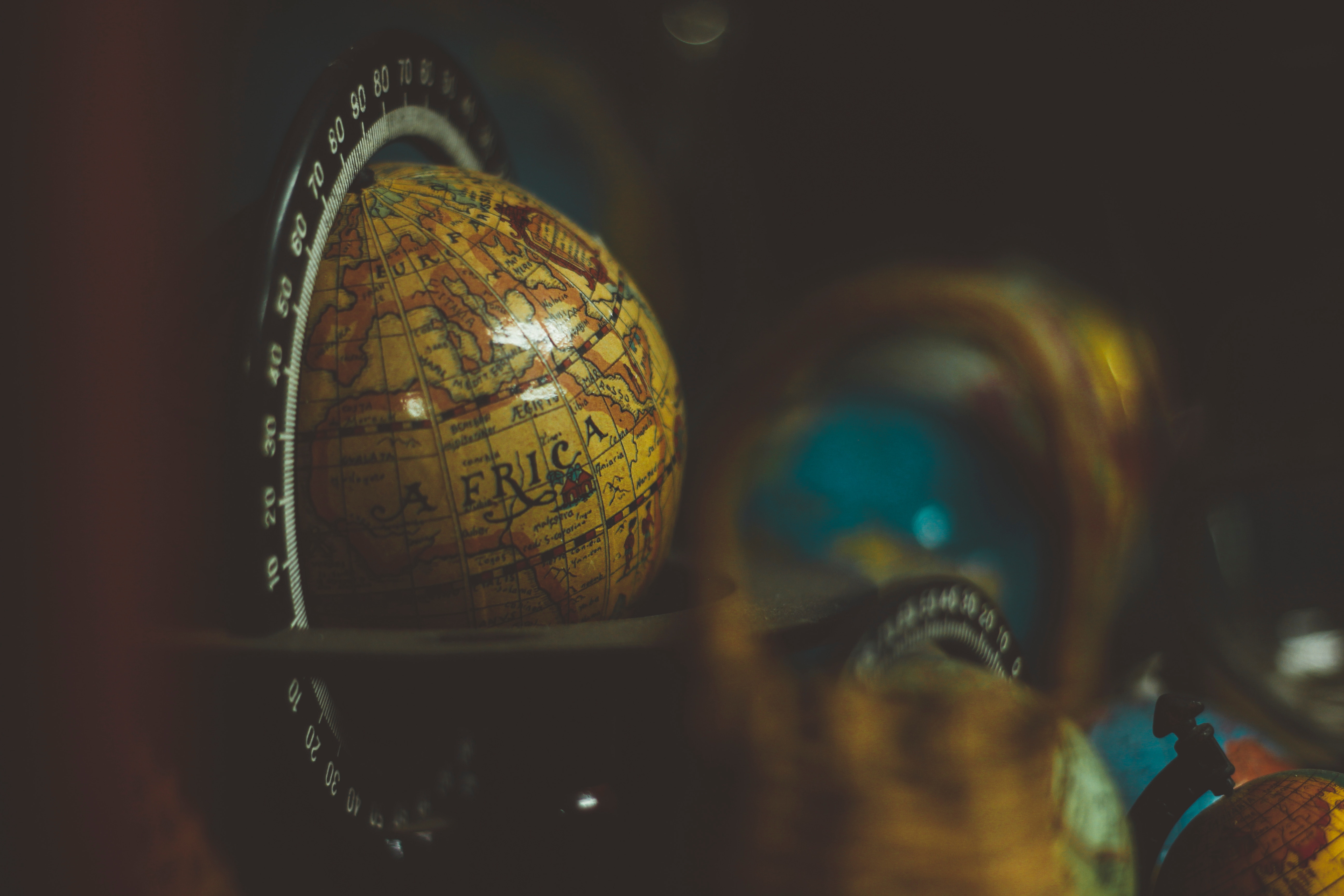Experience doesn’t have to be the best teacher, learning from others who have been where you want to go should be your best bet.I recall my first time on a plane, I was a minor then flying domestic alone. When I got to my airline carrier at the airport, the
Festival Look Book: What Is Happening Around The World
Whether it’s the birth of a child, a promotion at the office, death of a national asset, or an anniversary, days will always have something to be remembered for. Now how do we humans mark this days you ask, we do big things to make sure we always remember.so festivals
Destination Africa 2: Honeymoon and Safari
we promised awe-inspiring destinations from various categories in our last blog post and here goes the top honeymoon destination and also top safari destination right here in our very own Africa. Honeymoon destinations Honeymoon destinations such as Hawaii, Bahamas, Maldives, Mauritius, Caribbean, Greece and Paris are quite popular all
Destination Africa
In time past, holiday travel was unheard of in Africa for Africans, we often prefer to save up (for those not financially buoyant to pay for travel up front) and tour the remaining 5 continents forgetting that since charity begins at home .Our new thirst for travel can also be
Machu Picchu.. The Tourist Wonder Of PERU
Machu Picchu is a UNESCO World Heritage Site, both cultural and natural. Since its discovery in 1911, growing numbers of tourists visit the site yearly, reaching 400,000 in 2000. As Peru’s most visited tourist attraction and major revenue generator, it is continually exposed to economic and commercial forces. In the late 1990s, the Peruvian government granted concessions to allow the construction of a cable car and a luxury hotel, including a tourist complex with boutiques and restaurants and a bridge to the site. Many people protested the plans, including Peruvians and foreign scientists, saying that more visitors would pose a physical burden on the ruins. A no-fly zone exists above the area. UNESCO is considering putting Machu Picchu on its List of World Heritage in Danger.
During the 1980s a large rock from Machu Picchu’s central plaza was moved to a different location to create a helicopter landing zone. In the 1990s, the government prohibited helicopter landings. In 2006, a Cusco-based company, Helicusco, sought approval for tourist flights over Machu Picchu. The resulting license was soon rescinded.
Authorities have struggled to maintain tourist safety. Tourist deaths have been linked to altitude sickness, floods and hiking accidents. UNESCO received criticism for allowing tourists at the location given high risks of landslides, earthquakes and injury due to decaying structures.
Nude tourism is a recent trend, to the dismay of Peruvian officials. In several incidents, tourists were detained for posing for nude pictures or streaking across the site. Peru’s Ministry of Culture denounced these acts for threatening Peru’s cultural heritage. Cusco’s Regional Director of Culture increased surveillance to end the practice.
This write up was taken from https://en.wikipedia.org/wiki/Machu_Picchu




